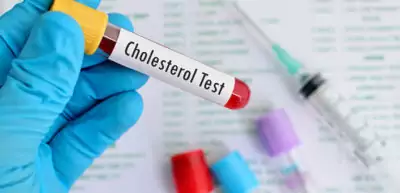
Complications
How To Reduce Cholesterol If You Have A Diabetes?
May 24, 2017Maintaining healthy cholesterol levels is an essential part of your overall health. However, when the numbers get too high, especially the triglycerides, it is a cause for concern. Diabetes reduces the efficiency of processing blood fats such as cholesterol. A National Diabetic Statistical Report of 2014 reveals that diabetics having unhealthy cholesterol levels are at a higher risk of experiencing cardiovascular diseases like heart attack & stroke. However, simple lifestyle changes in your day-to-day life can keep your cholesterol levels in check. Here are some things you could try:
Make Better Food Choices
Food choices can play a big role in ensuring healthy cholesterol levels in diabetes. It is critical to realize that the real villains in Type 2 diabetes are processed carbohydrates and simple sugars. As a general guideline, a LCHF diet can help diabetics reduce triglycerides and improve their HDL. Replace sugar and processed grains with whole plant-based foods, such as vegetables and fruits. High fiber foods like avocado, coconut, and flax seeds can also help in lowering cholesterol.
Cut Down on Smoking
Smoking reduces levels of good cholesterol in the body. It also causes inflammation, which increases the risk of cardiovascular diseases. Additionally, studies have shown that smoking also increases insulin resistance, which is a key feature of diabetes type 2.
Lead An Active Lifestyle
Living an active lifestyle is very important for people with diabetes looking to achieve target cholesterol levels. This simply means bringing small level changes to your daily routines like taking the stairs instead of the elevator or walking for a few minutes everyday.
Additionally, diabetics should also consider including vitamin supplements in their diet. In particular, Vitamin B3 is helpful for those who suffer from high levels of triglycerides.
References:
https://www.cdc.gov/diabetes/pubs/statsreport14/national-diabetes-report-web.pdf (Pg.6)
https://www.ncbi.nlm.nih.gov/books/NBK53012/



